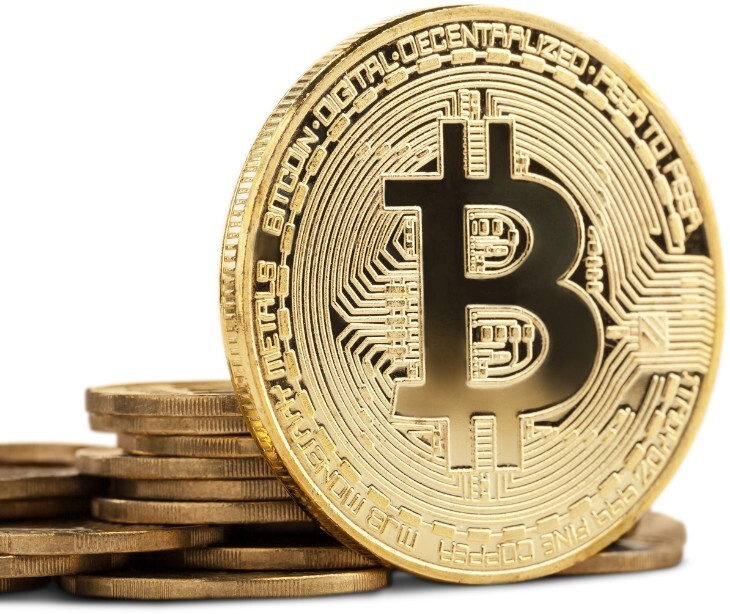3 min read
Learning from U.S. sanctions against Russian ransomware laundering
Tshedimoso Makhene
Oct 1, 2024 2:48:08 PM
%20-%202024-10-01T174714.958.jpg)
On the 26th of September, the U.S. Treasury made headlines by sanctioning two cryptocurrency exchanges, Cryptex and PM2BTC, for laundering millions of dollars linked to Russian ransomware gangs. These sanctions are part of a broader international effort to crack down on cybercrime, particularly ransomware, which has become one of the most disruptive threats in the digital world.
What happened?
Cryptex, a cryptocurrency exchange operating out of Russia, laundered over $51 million in funds from ransomware attacks. It is also associated with over $720 million in transactions linked to cybercriminal services, including fraud shops and mixing services. PM2BTC, another exchange, was flagged as a “primary money laundering concern” by the U.S. Financial Crimes Enforcement Network (FinCEN). FinCen has been accused of facilitating cryptocurrency-to-ruble conversions for Russian threat actors through U.S.-sanctioned institutions while ignoring critical anti-money laundering safeguards.
These actions mark a significant step in holding digital platforms accountable for enabling criminal activities, especially those that operate in the murky corners of the virtual assets ecosystem. They also highlight the key role of international cooperation in combating transnational cybercrime.
See also: HIPAA Compliant Email: The Definitive Guide
What is a ransomware attack?
A ransomware attack is a cybercrime where malicious software, or malware, is used to encrypt a victim's files or data, rendering them inaccessible. Once the files are locked, the attackers demand a ransom payment—usually in cryptocurrency—to provide a decryption key that unlocks the files. Ransomware attacks can target individuals, businesses, and even critical infrastructure, causing significant disruptions and financial losses. These attacks often spread through phishing emails, malicious links, or vulnerabilities in software and systems.
See also: Cyberattacks on the healthcare sector
Lessons learned
Cryptocurrency doesn't give immunity to criminal activity
While cryptocurrencies offer a certain level of anonymity and are favored by cybercriminals for this reason, governments are implementing efforts to track and sanction illegal activities within the crypto space.
International cooperation is essential
This takedown was not just a U.S. effort; it involved collaboration with international law enforcement, including Dutch authorities. Operation Endgame, a multinational initiative, played a key role in this takedown, showing cybercrime is not a problem any country can tackle alone.
Financial systems are targets and defenders
Cryptex and PM2BTC exploited the financial system to launder ransomware proceeds, but the financial system, when properly regulated, is also a vital defense. By cutting off cybercriminals from legitimate financial channels, authorities can cripple their operations. The sanctions essentially prevent these exchanges from accessing U.S. markets, freezing assets, and punishing those who deal with them.
Financial institutions must be vigilant about monitoring suspicious activity on their platforms.
Ransomware is more than just a technical problem
Ransomware attacks often focus on technological vulnerabilities, but the infrastructure supporting them is financial. Attacks are profitable because cybercriminals can launder their illicit gains through services like those provided by Cryptex and PM2BTC, making the fight against ransomware as much about disrupting financial flows as it is about patching software vulnerabilities.
Organizations and individuals must take a multi-layered approach to ransomware prevention. In addition to cybersecurity measures, monitoring financial transactions for suspicious behavior and understanding the broader economic networks supporting ransomware groups are crucial for defense.
Paying the ransom isn’t the answer
Sanctions like these reinforce the broader message from law enforcement: paying the ransom doesn’t guarantee recovery and can fuel further attacks. When businesses or individuals pay cybercriminals, they fund criminal operations that only become more sophisticated and widespread. The U.S. Treasury’s actions also mean that anyone involved in transactions with these sanctioned entities could face legal consequences.
It’s therefore important to have contingency plans in place in case of a ransomware attack. Regularly backing up data, training staff on phishing prevention, and having a clear incident response plan are essential for mitigating the impact of an attack.
Related: To pay or not to pay: Cyberattack ransoms in healthcare
Final thoughts
The U.S. Treasury’s sanctions against Cryptex and PM2BTC represent a victory in the ongoing fight against cybercrime. By targeting the financial enablers of ransomware operations, governments can effectively disrupt these illegal operations. However, there is a need for ongoing vigilance, teamwork, and adherence to regulations from both businesses and individuals in the digital world.
As ransomware threats evolve, there will be an increasing need for better security measures, thorough financial monitoring, and international collaboration. This action serves as a reminder that cybercriminals are always searching for new ways to take advantage of weaknesses—and that we all have a part to play in preventing this.
FAQs
Can organizations be insured against ransomware?
Many companies offer cyber insurance that covers ransomware attacks. However, the coverage, conditions, and response options vary, so it’s essential to review the policy carefully.
Is paying the ransom illegal?
While paying a ransom is not illegal, authorities like the U.S. Department of the Treasury discourage it, as it funds criminal activity and does not guarantee data recovery. Some transactions may also violate sanctions if payments are made to entities or individuals on government sanctions lists.
What are the consequences of a ransomware attack?
The consequences can be severe, ranging from financial losses, data breaches, and operational downtime to reputational damage. In the case of critical infrastructure or healthcare institutions, ransomware attacks can also endanger lives.
See also: Higher HIPAA penalties announced


%20-%202024-09-30T062028.327.jpg)

